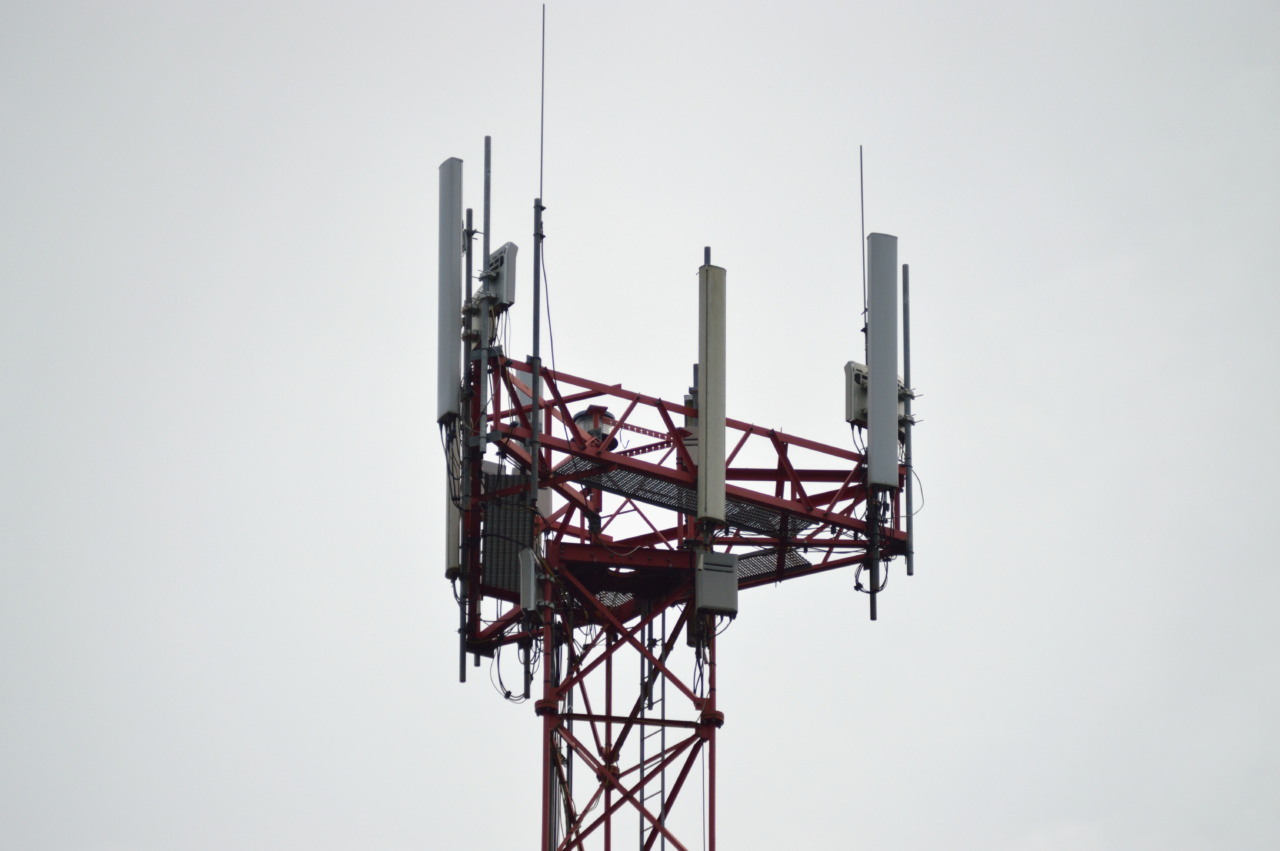Hypertension, also known as high blood pressure, is a major health concern affecting millions of people worldwide.
It is commonly referred to as a silent killer as its symptoms often go unnoticed until it leads to serious complications such as heart attacks, strokes, or kidney diseases. Fortunately, there are several effective drugs available to manage and control hypertension. In this article, we will discuss the most popular drugs used for the treatment of hypertension, their effectiveness, side effects, and precautions.
Beta-Blockers
Beta-blockers are one of the commonly prescribed drugs for hypertension. They work by blocking the effects of adrenaline, thereby reducing heart rate and blood pressure.
This class of drugs is particularly useful for individuals with underlying heart conditions such as coronary artery disease. Some common beta-blockers include:.
ACE Inhibitors
ACE inhibitors, also known as Angiotensin-Converting Enzyme inhibitors, are widely used for the treatment of hypertension. They work by inhibiting an enzyme that converts angiotensin I to angiotensin II, a hormone that causes blood vessels to narrow.
ACE inhibitors relax and widen blood vessels, helping to lower blood pressure. Common ACE inhibitors include:.
Calcium Channel Blockers
Calcium channel blockers are another class of drugs that effectively lower blood pressure by blocking calcium channels in the heart and blood vessels.
This prevents calcium from entering the cells of the heart and blood vessels, leading to relaxation and widening of blood vessels. Some common calcium channel blockers used for hypertension include:.
Diuretics
Diuretics, also known as water pills, are often prescribed as a first-line treatment for hypertension. These drugs work by increasing urine production, thereby reducing the volume of fluid in the blood vessels and lowering blood pressure.
There are different types of diuretics, including:.
Angiotensin Receptor Blockers (ARBs)
Angiotensin Receptor Blockers, also known as ARBs, are medications that block the action of angiotensin II by blocking its receptors. Angiotensin II is a hormone that causes blood vessels to constrict, leading to increased blood pressure.
ARBs relax and widen blood vessels, helping to lower blood pressure. Some common ARBs include:.
Combination Therapy
In some cases, a combination of different antihypertensive drugs may be prescribed to effectively manage hypertension.
Combination therapy can target multiple mechanisms responsible for high blood pressure and may be more effective than using a single drug alone. Some common combinations include:.
Conclusion
Hypertension is a serious health condition that requires careful management and treatment to prevent complications.
The drugs discussed in this article, including beta-blockers, ACE inhibitors, calcium channel blockers, diuretics, and ARBs, are among the most popular and effective medications used for the treatment of hypertension. It is important to note that these drugs should only be taken under the guidance of a healthcare professional, as they may have side effects and interactions with other medications.
Regular blood pressure monitoring, lifestyle modifications, and adherence to medication regimes are vital in effectively managing hypertension.





























